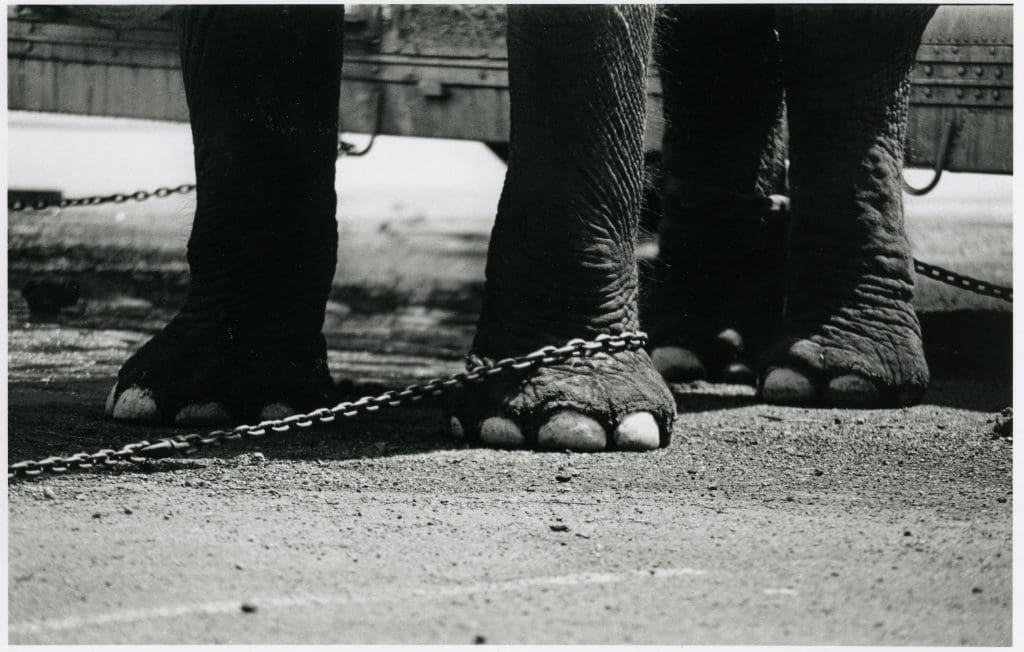
.
VHS fought long and hard to keep animal circuses out of BC
By Debra Probert, VHS Executive Director
Nobody was happier than all of us at VHS to hear that the biggest, most famous circus in the world, Ringling Brothers/Barnum & Bailey, would be holding its last performance later this year. Cruelty in circuses, at least in this large circus, is no longer profitable. Hooray!!
Fortunately, Ringling Brothers Circus never came to B.C. Activists in other provinces, like Zoocheck in Ontario and smaller, grass roots groups across the country, did everything in their power to stop the behemoth – along with PETA, HSUS and dozens of smaller, grass roots organizations and their supporters in the U.S. Congratulations to all of you – your work has finally paid off!
Here in B.C., we saw the smaller circuses, under names like the Zerbini Family Circus, Garden Brothers and the Royal Canadian Circus. Some of them continue to travel around the U.S. and in other provinces in Canada, but they’re attended by ever decreasing audiences.
Over the last two decades, VHS worked tirelessly to have exotic animal bylaws passed across Metro Vancouver to prevent circuses from bringing exotic animals like elephants, monkeys and bears into local arenas and parking lots.
The initial bylaws came into force on Vancouver Island – in Nanaimo, Victoria and Saanich after hard work from dedicated local activists and organizations. VHS took up the torch here on the mainland and after years of picketing, attending council meetings and monitoring circuses, we did what some called impossible – we made it uneconomical for circuses to bring their animals into the province. One by one, with the City of Vancouver in the lead, we worked along with local activists to enable legislation in Surrey, Delta, Coquitlam, Langley, and basically every other region of high density in British Columbia, to stop the cruelty in its tracks.
And cruelty it was. I personally spent hours watching elephants, with their legs chained the entire time they weren’t performing, swaying back and forth, occasionally stretching out their trunks for an unreachable bit of greenery. Their lives were sheer misery, often lived without others of their own kind, and never free to walk or run the miles they would in the wild. They were controlled with bull hooks jabbed into their sensitive skin. When they weren’t performing, they were travelling, often for endless hours in trucks with no ventilation.
The bears, monkeys and tigers fared no better. They were kept in cages so small, they could barely turn around. Again, apart from when they were performing and were under the strict control of their trainers, they spent all of their time eating, sleeping and defecating in the same small space. Winter quarters were no different – the same small cages, the same chains. Exposés surfaced showing baby elephants, tigers, bears and monkeys being beaten into submission, all in the name of training and simply to entertain an audience. Well, it’s over for Ringling Brothers and the smaller circuses that haven’t already will soon follow suit.
We who care so deeply for animals seldom have something to celebrate. We should use this opportunity to contemplate that successes are possible, even if it seems to take forever. We are on the side of truth; we know animals suffer; we know it’s not necessary and we know how to stop it. And we won’t stop trying, however long it takes.
